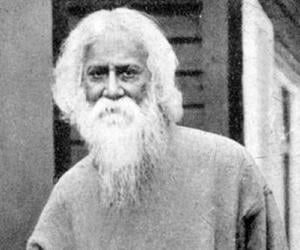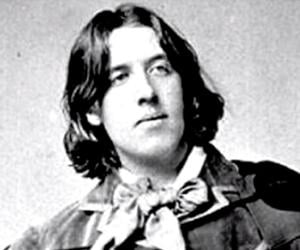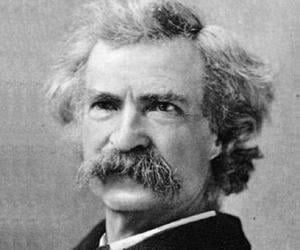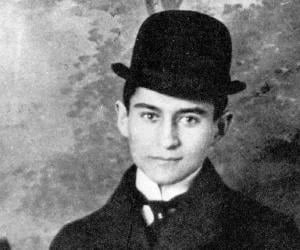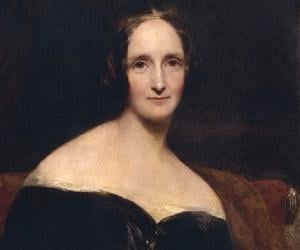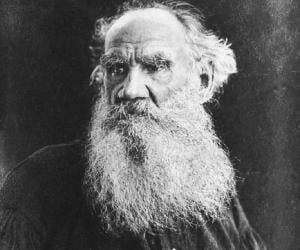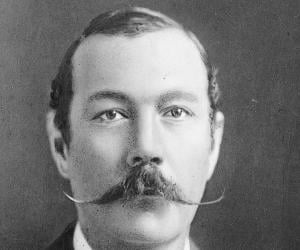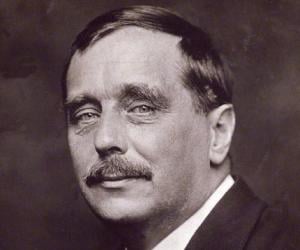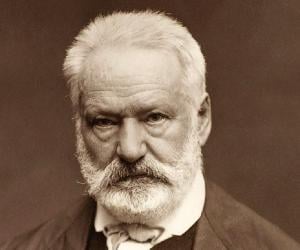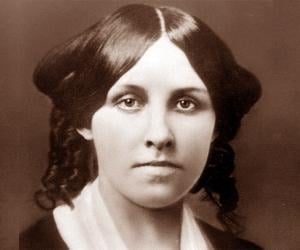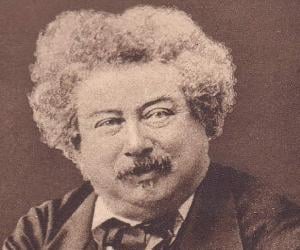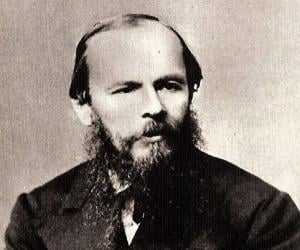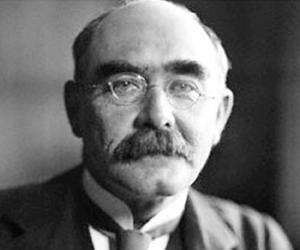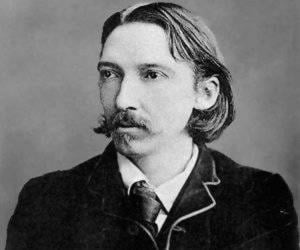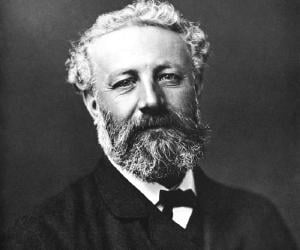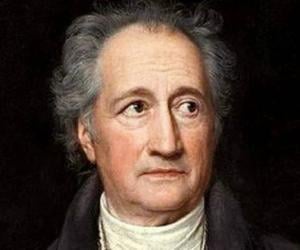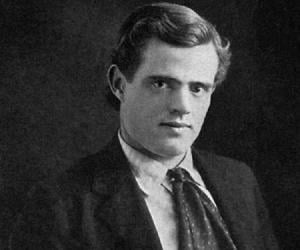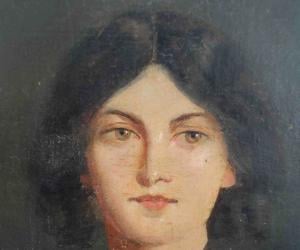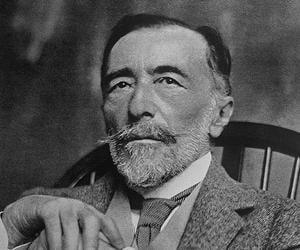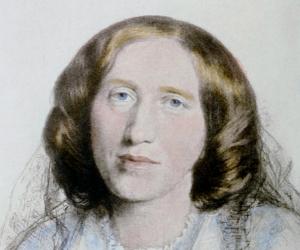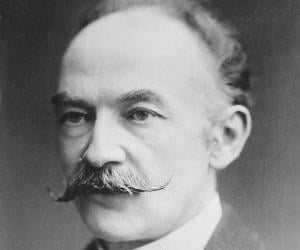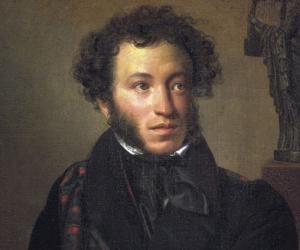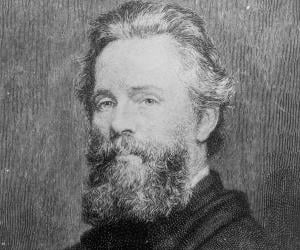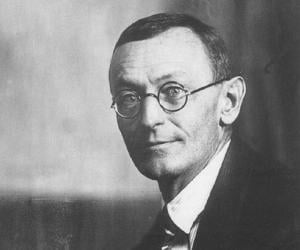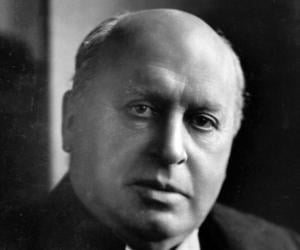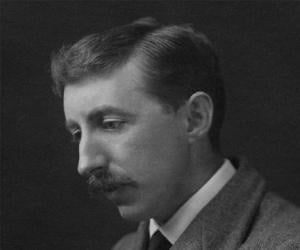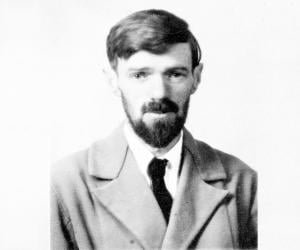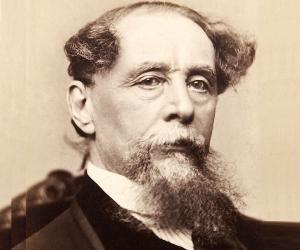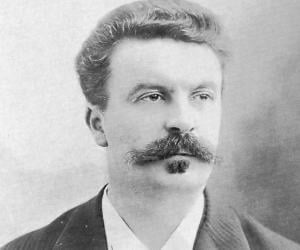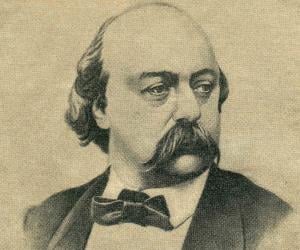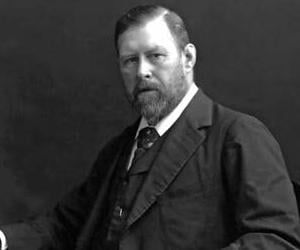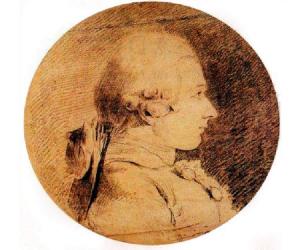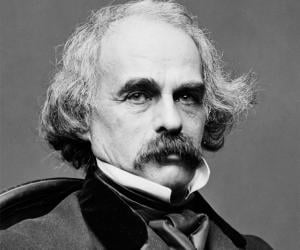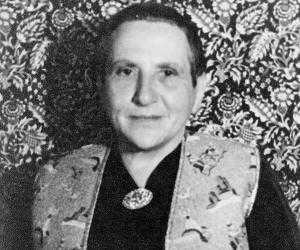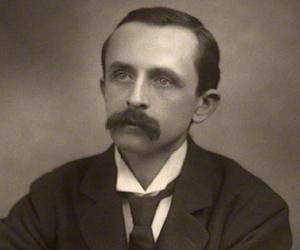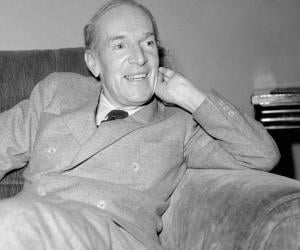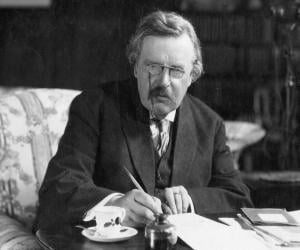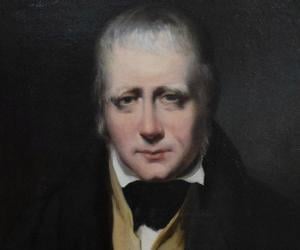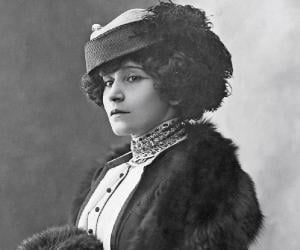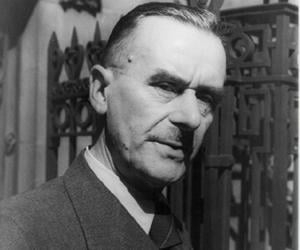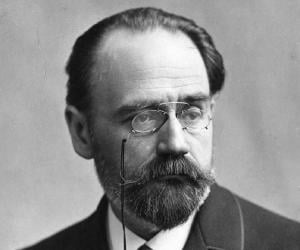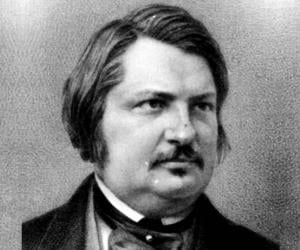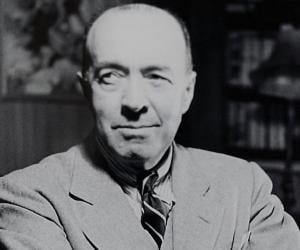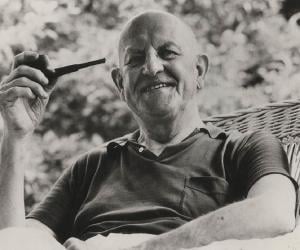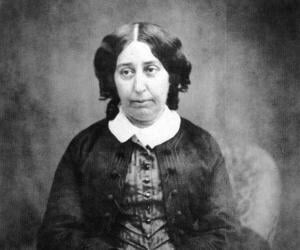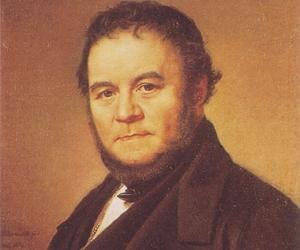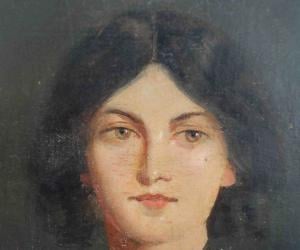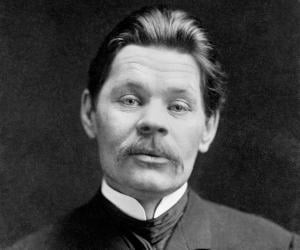Rabindranath Tagore was an Indian polymath who contributed greatly to the fields of literature, art, and philosophy. Referred to as the Bard of Bengal, Tagore is credited with reshaping Bengali literature and music. The first non-European to receive the Nobel Prize in Literature, Tagore is also credited with composing the national anthems of India and Bangladesh.
Widely regarded as one of the most popular writers of all time, Oscar Wilde is best remembered for his plays and epigrams. He was also one of the best-known personalities during his time as he was popular for his conversational skills, flamboyant dressing sense, and biting wit. Imprisoned in 1895 for consensual homosexual acts, Oscar Wilde was pardoned posthumously in 2017.
Mark Twain, “the father of American literature,” was one of the world’s greatest 19-th century humorists and authors. His novels The Adventures of Tom Sawyer and the Adventures of Huckleberry Finn were drawn from his childhood experiences in Missouri. In his later life, he sunk into bankruptcy and also recovered.
Considered one of the major authors of the 20th century, Franz Kafka was a Bohemian short-story writer and novelist. Franz Kafka is credited for being one of the earliest German-speaking authors to explore themes like absurdity, existential anxiety, and alienation. The term Kafkaesque is now widely used in the English language to explain those situations experienced by his characters.
Russian writer, Leo Tolstoy, is widely considered as one of the greatest authors ever. After experiencing a profound moral crisis in the 1870s, Tolstoy went through a phase of spiritual awakening, which had a great impact on his subsequent works that incorporated ideas on nonviolent resistance. These works influenced personalities like Mahatma Gandhi, thereby effectively changing the course of history.
H. G. Wells was an English writer. Although he was prolific in many genres, he is best remembered for his work on sci-fi novels, for which he is often referred to as the father of science fiction. His 1901 novel The First Men in the Moon became so influential that a lunar impact crater is named after him.
Victor Hugo was a French poet, dramatist, and novelist of the Romantic movement. Regarded as one of the best-known and greatest French writers of all time, Victor Hugo wrote abundantly during his career that spanned over six decades. Thanks to his works, such as Hernani and Cromwell, Victor Hugo was one of the leading figures of the Romantic literary movement.
One of the most widely read French authors of all time, Alexandre Dumas was prolific in several genres. He joined the army as a young man and later became a full-time writer. Starting his writing career as a playwright, he moved on to writing novels. His novels have been adapted into nearly 200 films in the past century.
English journalist, short-story writer, poet, and novelist Rudyard Kipling is best remembered for his fiction work The Jungle Book. He was born in India and many of his works are inspired by his life in the country. He was one of the most popular English writers in the late 19th and early 20th century.
Robert Louis Stevenson was a Scottish travel writer, poet, and novelist. A popular writer in his lifetime, Stevenson went about traveling widely and writing prolifically even as he suffered from bronchial trouble; his will power and love for writing won the hearts of many other writers. In 2018, he was ranked as the world's 26th-most-translated author.
Regarded as the greatest literary figure in Germany's modern era, Johann Wolfgang von Goethe was a statesman and writer. Apart from writing poetry and prose, he also wrote treatises on color, anatomy, and botany. Thanks to his literary genius, Goethe was made part of the Duke's privy council in Weimar and he implemented several reforms at the University of Jena.
Jack London was an American novelist, social activist, and journalist. A pioneer of American magazines and commercial fiction, London was one of the first authors from the US to become an international celebrity. His life and work inspired several films, such as the 1943 movie Jack London and 1980 film Klondike Fever. He was also portrayed in several TV series.
Joseph Conrad was a Polish-British writer. Considered one of the greatest English-language novelists of all time, Conrad is credited with bringing a non-English sensibility into English-language literature. Many of his works have inspired several films, TV series, and video games. His anti-heroic characters and narrative style have influenced many authors like Salman Rushdie, F. Scott Fitzgerald, and T. S. Eliot.
Mary Ann Evans, known by her pseudonym George Eliot, was an English poet, novelist, translator, and journalist. One of the most prominent writers of the Victorian era, Eliot's works are known for their psychological insight, realism, and detailed description of the countryside. Her novel Middlemarch was voted one of the greatest literary works in a 2007 poll conducted by Time.
Herman Melville was an American short story writer, novelist, and poet. One of his best-known works, Moby-Dick is widely regarded as one of the great American novels, although it did not garner much attention during his lifetime. Livyatan melvillei, a species of an extinct sperm whale, which was discovered in 2010, was named in his honor.
German-born Swiss poet, novelist, and painter Hermann Hesse received the Nobel Prize in Literature in 1946. He explored individuals’ search for authenticity, self-knowledge, and spirituality in his works. An intense and headstrong person from childhood, he developed an early interest in reading. He started writing as a young man and became an influential author in the German-speaking world.
Henry James was an author, regarded as one of the greatest novelists ever to write in the English language. One of his novellas titled The Turn of the Screw has been the most analyzed ghost story in the history of English language literature. While his works have been adapted into films, he has been the subject of several other stories.
Best known for his iconic novels Howard’s End and A Passage to India, British author E. M. Forster dealt with themes such as class division and gender. Born in England and educated at Cambridge, he had also spent some time as a secretary to Maharaja Tukojirao III of India.
English writer, D. H. Lawrence, was known for exploring sensitive issues, such as sexuality, emotional health, and instinct. In his works, he often reflected upon the dehumanizing effects of modernity and industrialization. The sexual nature of his writings earned him many enemies. Even though he died at the relatively young age of 44, he left behind a rich literary legacy.
Widely considered the greatest novelist of the Victorian era, Charles Dickens was an English writer famous for creating world-renowned fictional characters. Regarded by critics and scholars as a literary genius, most of his short stories and novels are read around the world even today. His distinctive style of writing is referred to as Dickensian.
Guy de Maupassant was a French author who wrote 300 short stories during his illustrious career. Widely regarded as the father of the modern short story, Maupassant's stories are characterized by economy of style and depicted human lives in pessimistic terms,
Gustave Flaubert was a French novelist best remembered for his first novel Madame Bovary, which was later adapted into an opera. One of the most influential French novelists of all time, Flaubert is widely regarded as the main exponent of literary realism in France. His work inspired his protégé and short story writer Guy de Maupassant, who later achieved much acclaim.
Nathaniel Hawthorne was an American writer, known for dark romanticism and moral-themed novels and short stories. A descendant of judge John Hathorne of the Salem witch trials infamy, the writer was a friend of late American president Franklin Pierce. His well-known books include Twice-Told Tales, The Scarlet Letter and The House of the Seven Gables. Nathaniel was married to painter Sophia Peabody.
Gertrude Stein was an American playwright, novelist, poet, and art collector. She is remembered for publishing works about lesbian sexuality, which was considered a taboo at that time. Over the years, Gertrude Stein has been the subject of several works of art. In the 2011 movie Midnight in Paris, Stein was portrayed by Kathy Bates.
Sir James Matthew Barrie was a Scottish playwright and novelist. He is credited and remembered for creating the famous fictional character, Peter Pan. In the 1922 New Year Honours, Barrie was made a member of the Order of Merit. Before his death, he gifted the Great Ormond Street Hospital for Children with the rights of his Peter Pan works.
Gilbert K. Chesterton was an English writer, philosopher, and art critic. A prolific writer, he composed around 80 books, hundreds of poems, around 200 short stories, and 4,000 essays. Often referred to as the "prince of paradox", he had as many detractors as he had admirers. He is considered a successor to Victorian authors like Matthew Arnold and John Ruskin.
Walter Scott was a Scottish novelist, poet, historian, and playwright. Scott's ability as a writer and his knowledge of history made him a pioneering figure in the formation of the historical novel genre. An influential writer, many of his works remain classics of Scottish as well as English-language literature. Scott was admired by other prominent writers like Letitia Elizabeth Landon.
Colette was a French author who received a nomination for the prestigious Nobel Prize in Literature in 1948. She is remembered for her novella Gigi, which inspired the 1958 movie and the 1973 musical of the same name. Her life and work have inspired several films, including the 2018 biographical drama film Colette, where Keira Knightley played the title role.
Emile Zola was a French novelist, journalist, and playwright. He played a key role in the development of theatrical naturalism and was a well-known practitioner of the literary school of naturalism. He was also a political journalist and was influential in the political liberalization of France. He was nominated for the Nobel Prize in Literature twice.
Honoré de Balzac was a French playwright and novelist. Since his works gave a detailed, unfiltered representation of society, Honoré de Balzac is generally considered one of the founders of realism and an important figure in European literature. Renowned for creating multi-faceted characters, Balzac influenced several popular writers like Charles John Huffam Dickens, Émile Zola, Henry James, and Gustave Flaubert.
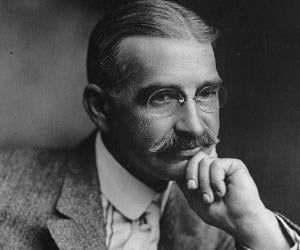
L. Frank Baum was an author remembered for writing children's books including The Wonderful Wizard of Oz, which inspired the 1902 Broadway musical and the 1939 live-action film of the same name. His works anticipated the invention of gadgets like TV that would be invented later. In 2013, Baum was made an inductee of the Chicago Literary Hall of Fame.
Maxim Gorky was a writer and political activist. He is best remembered for founding the socialist realism literary method. Gorky, who was nominated for the prestigious Nobel Prize in Literature on five occasions, published several novels that were later adapted into plays, films, and operas. In 1938, Valery Zhelobinsky adapted Gorky's novel Mother into an opera.
